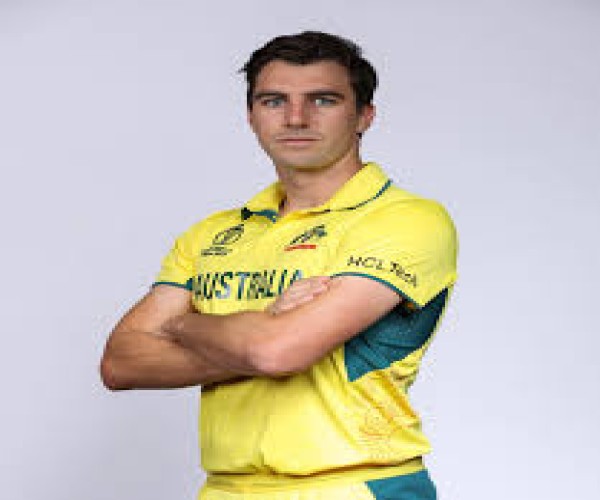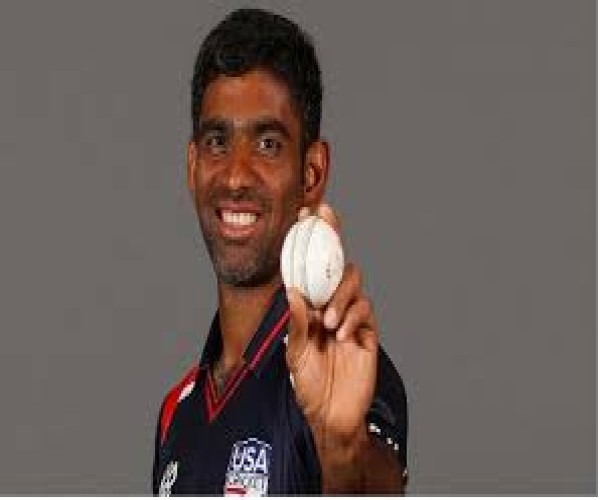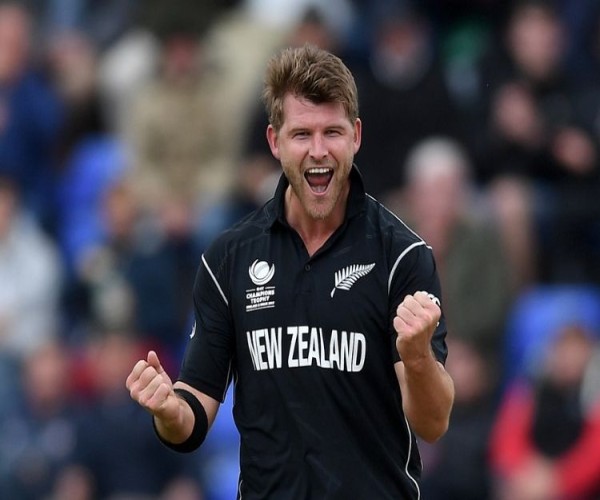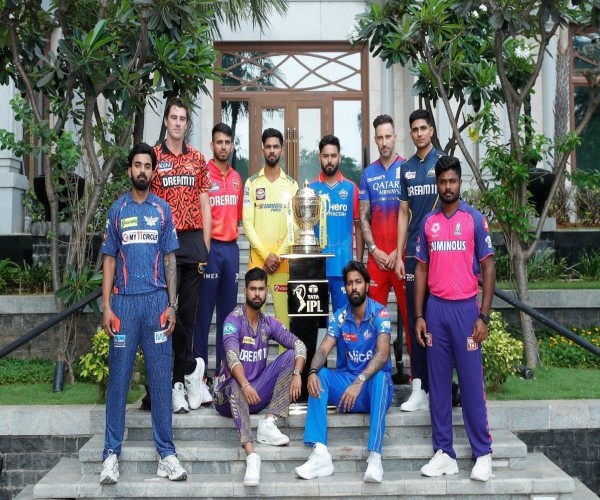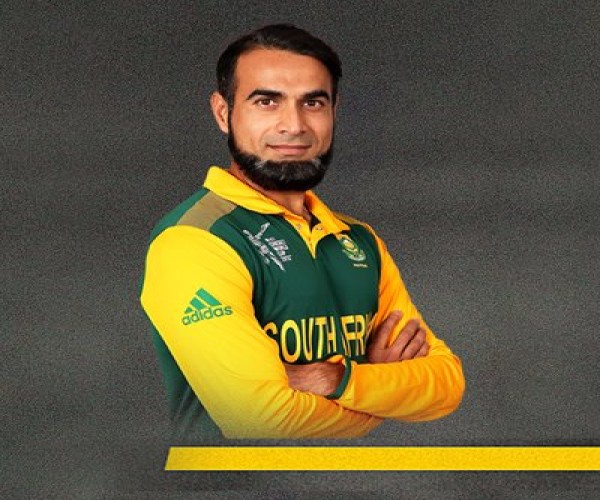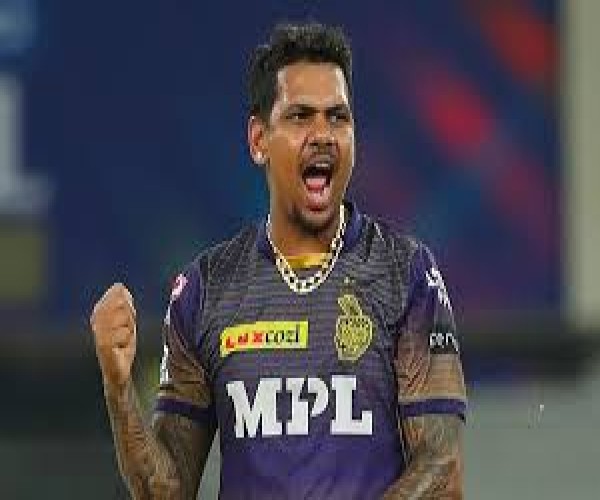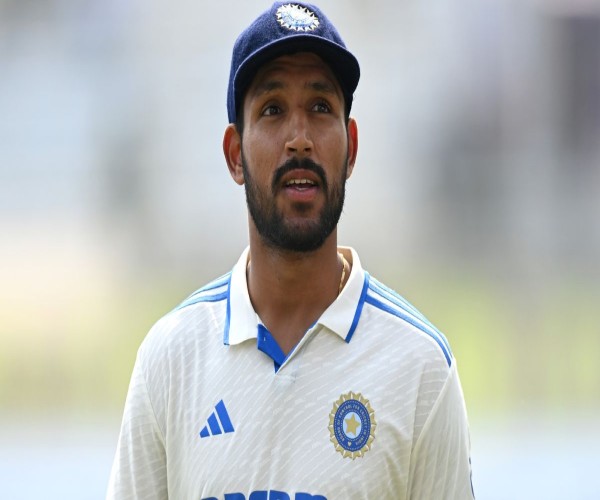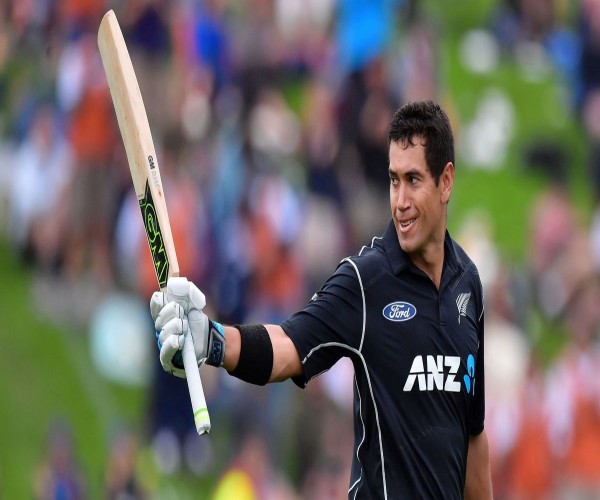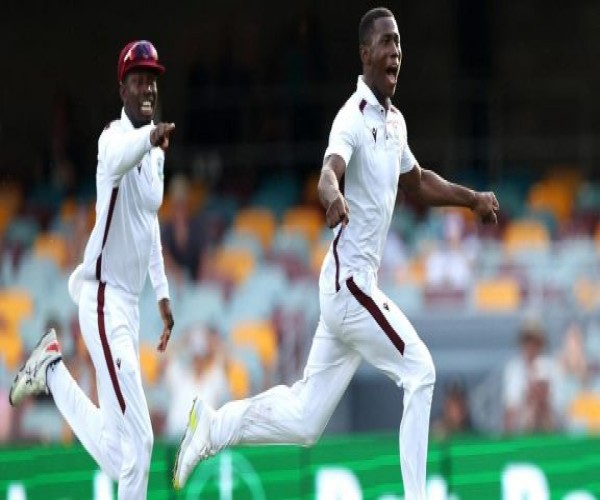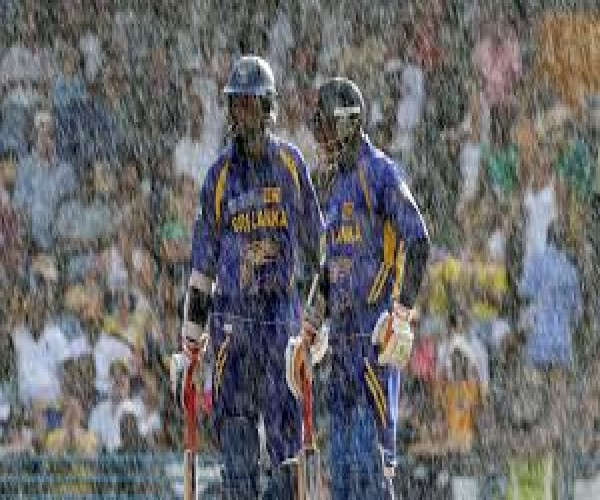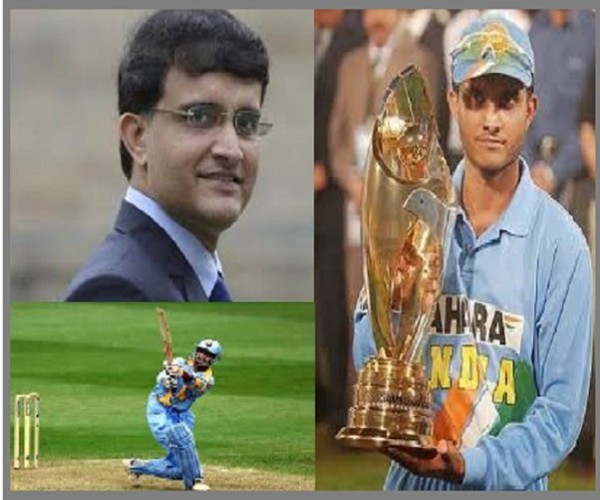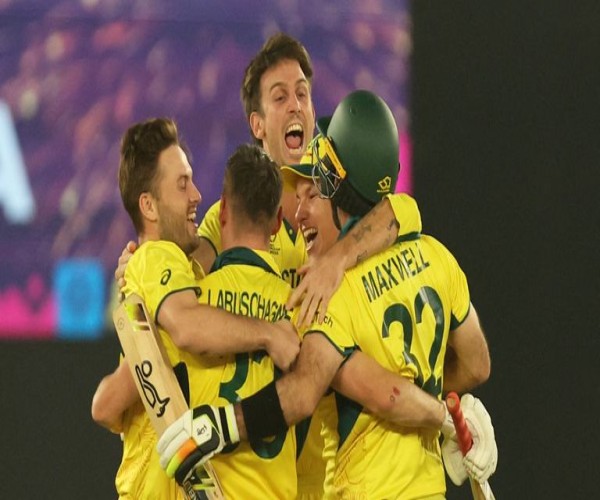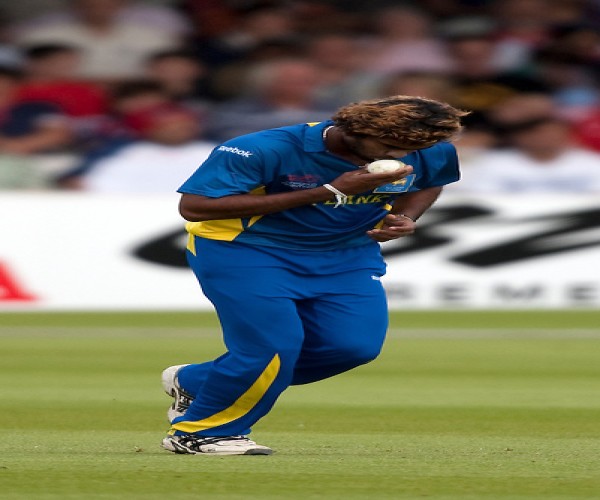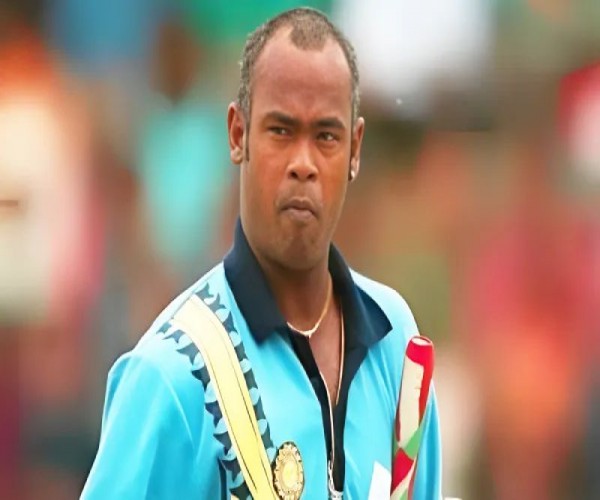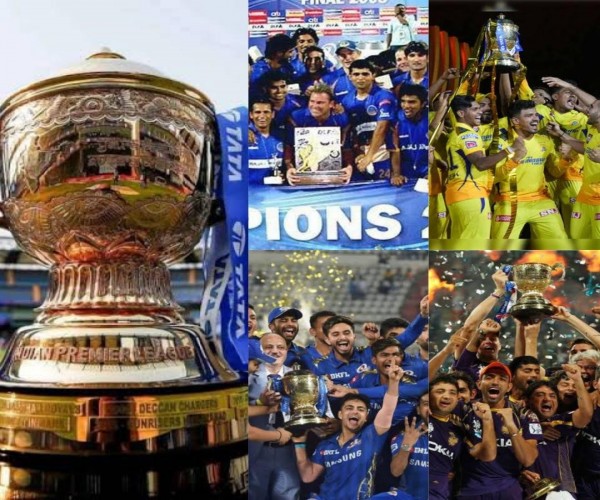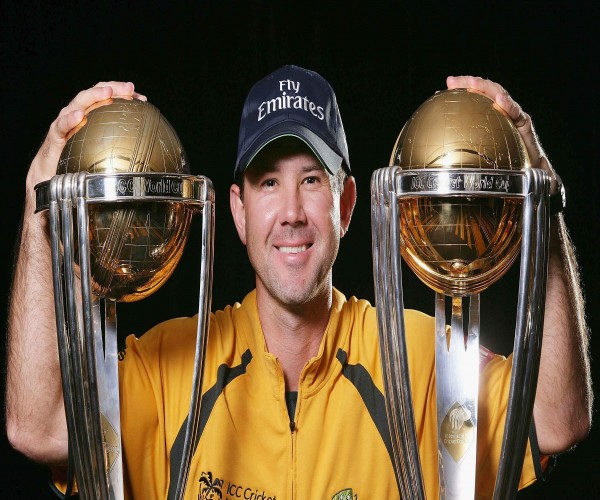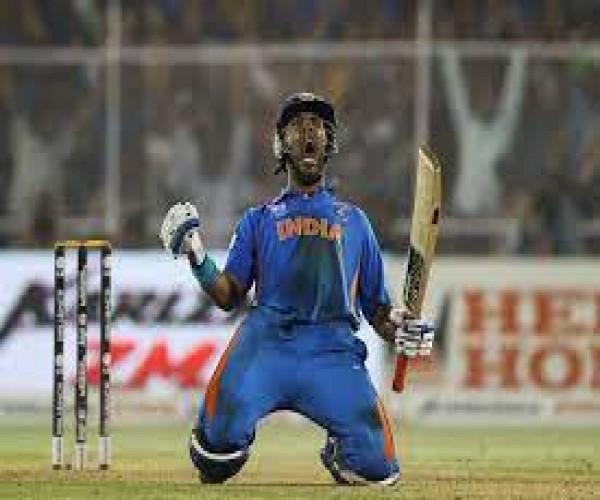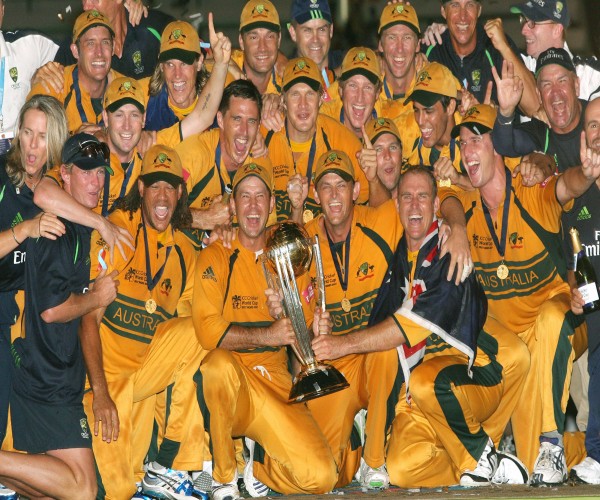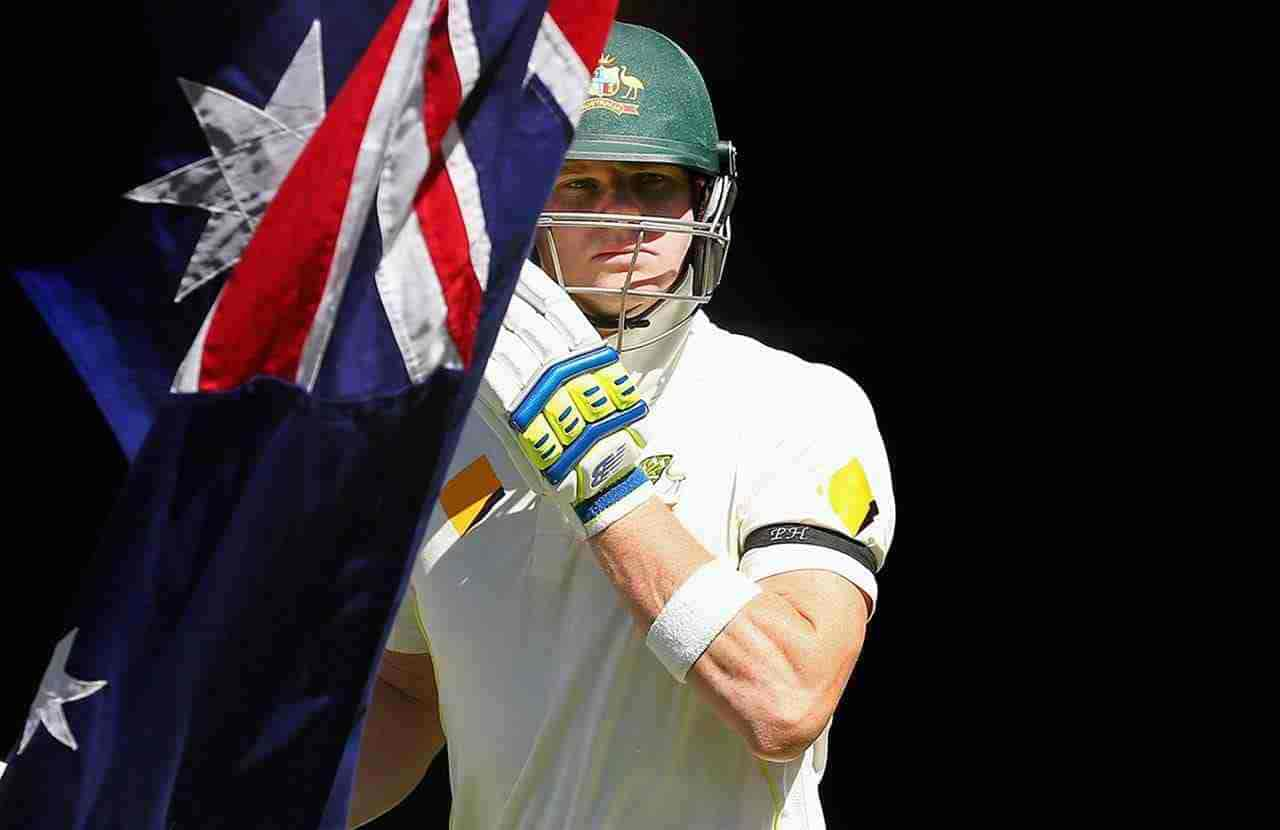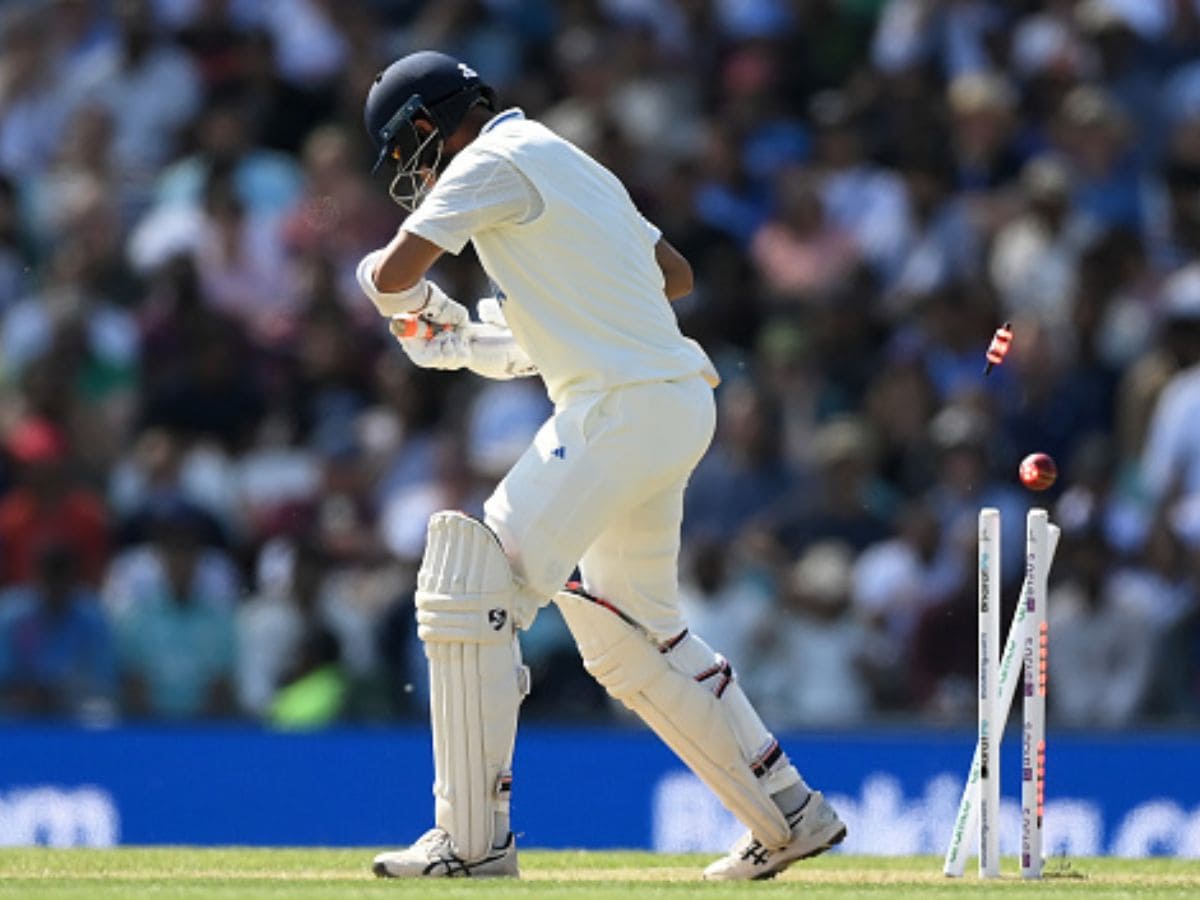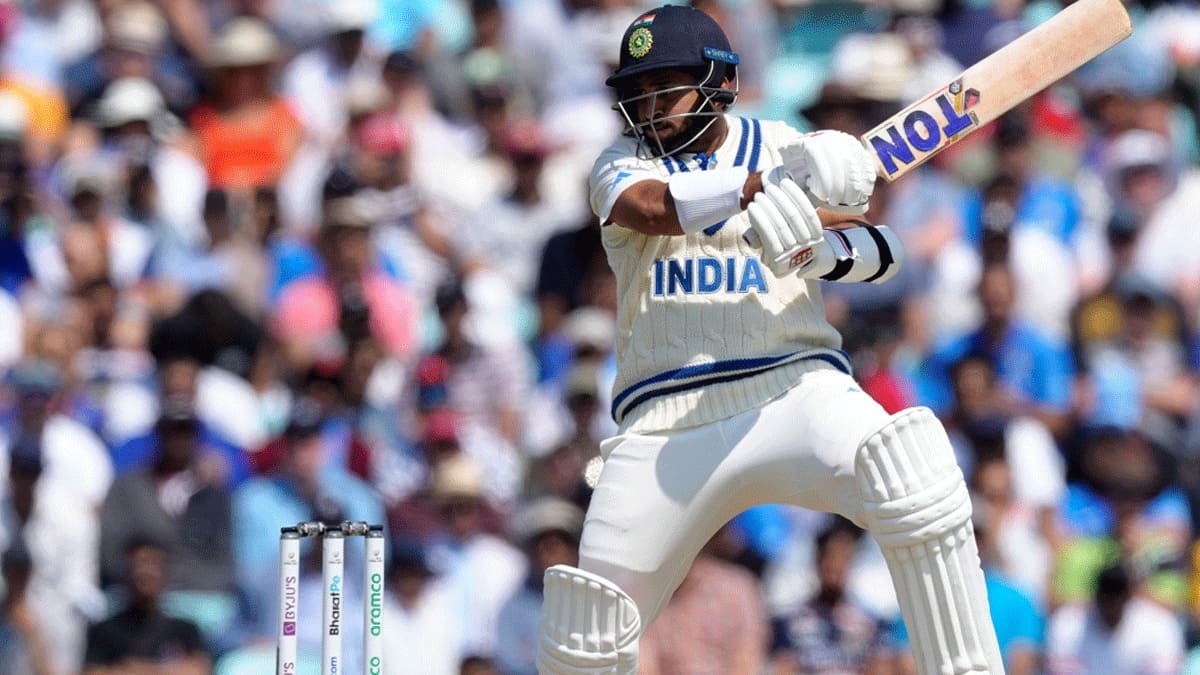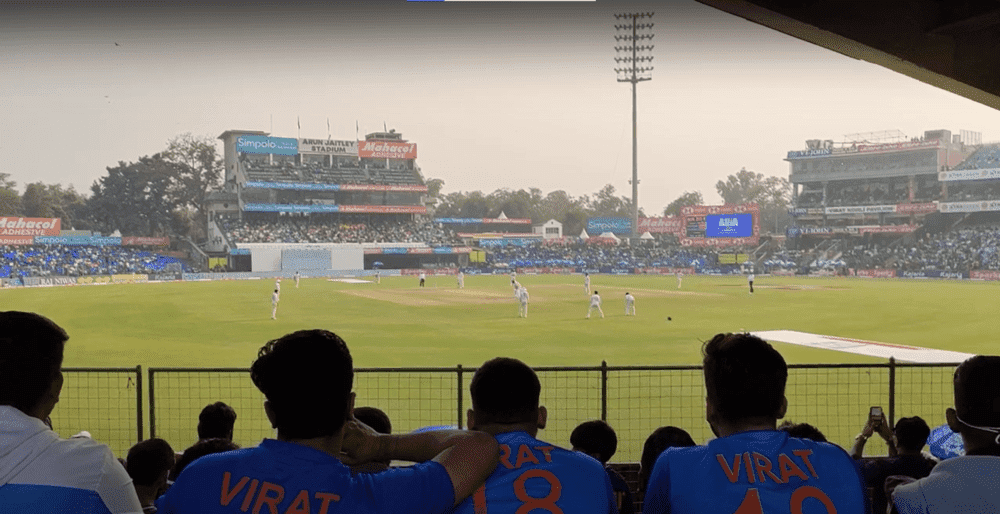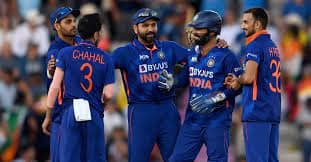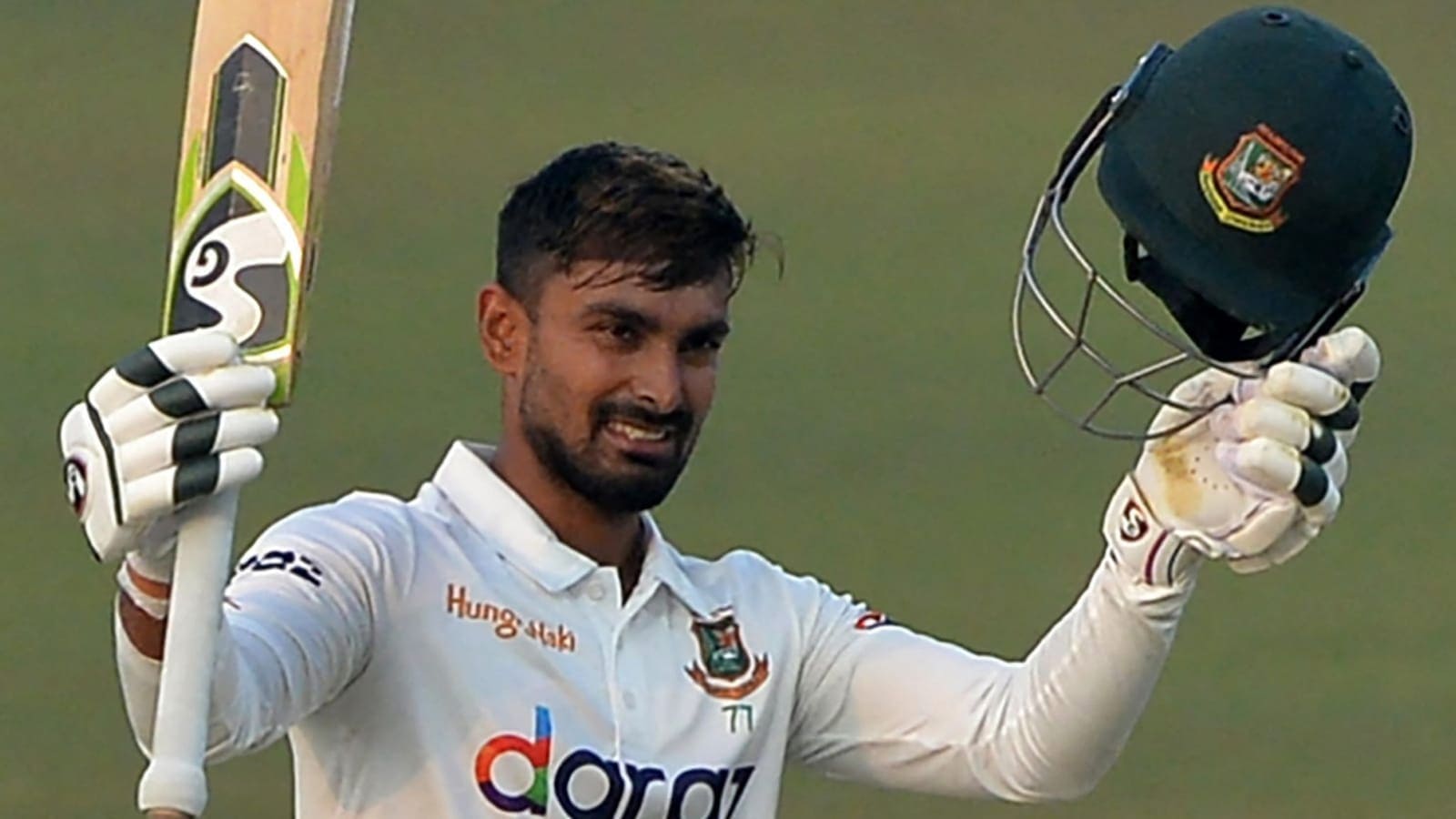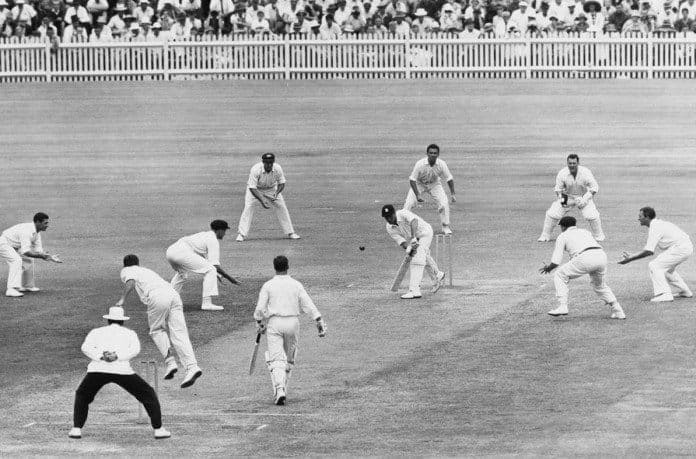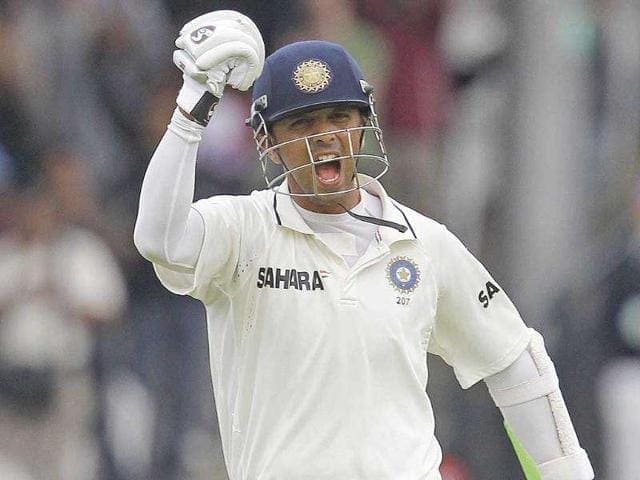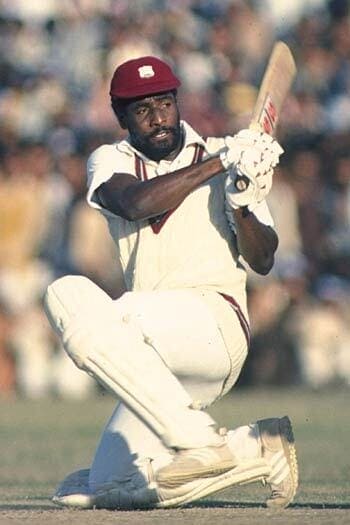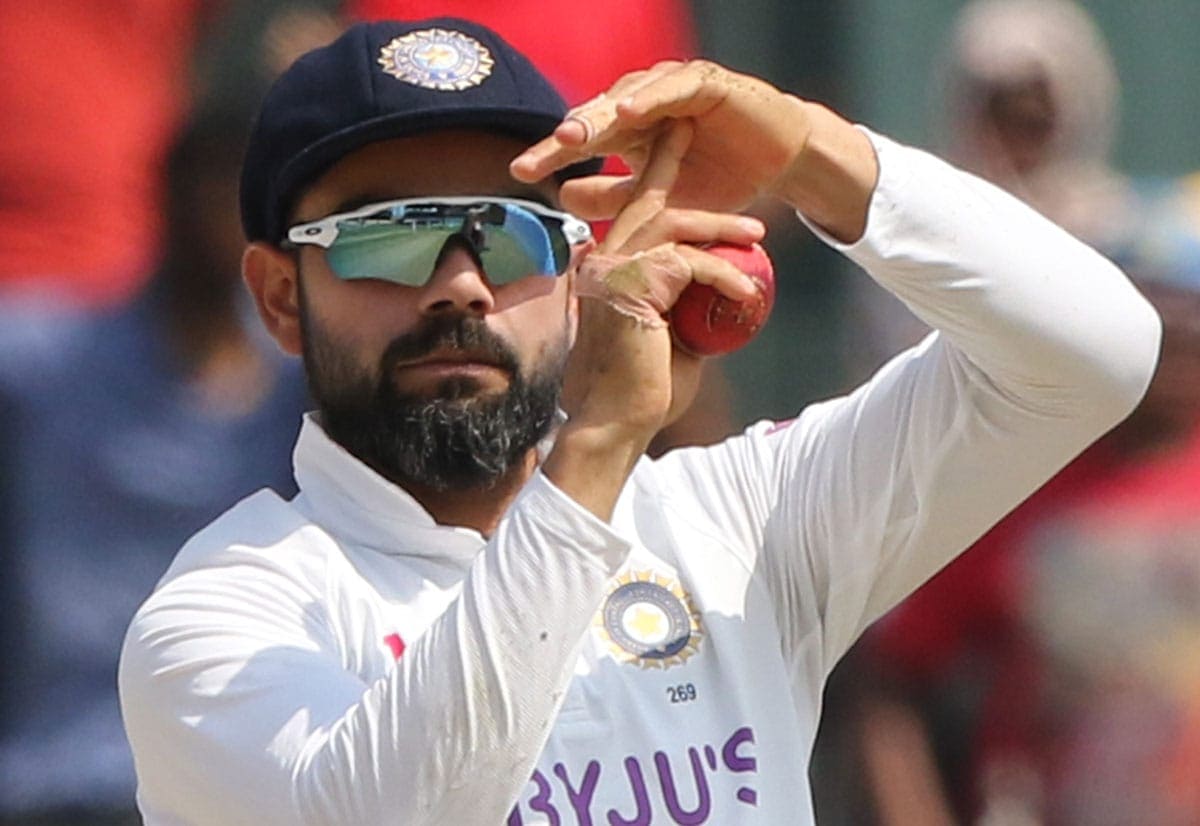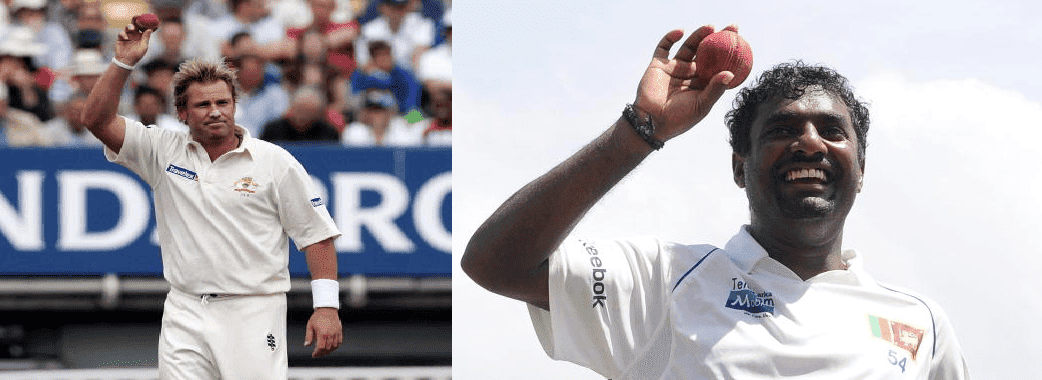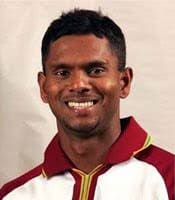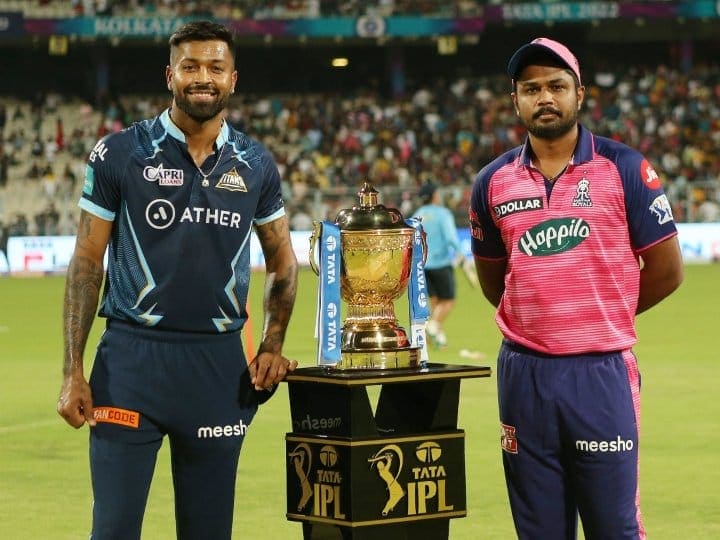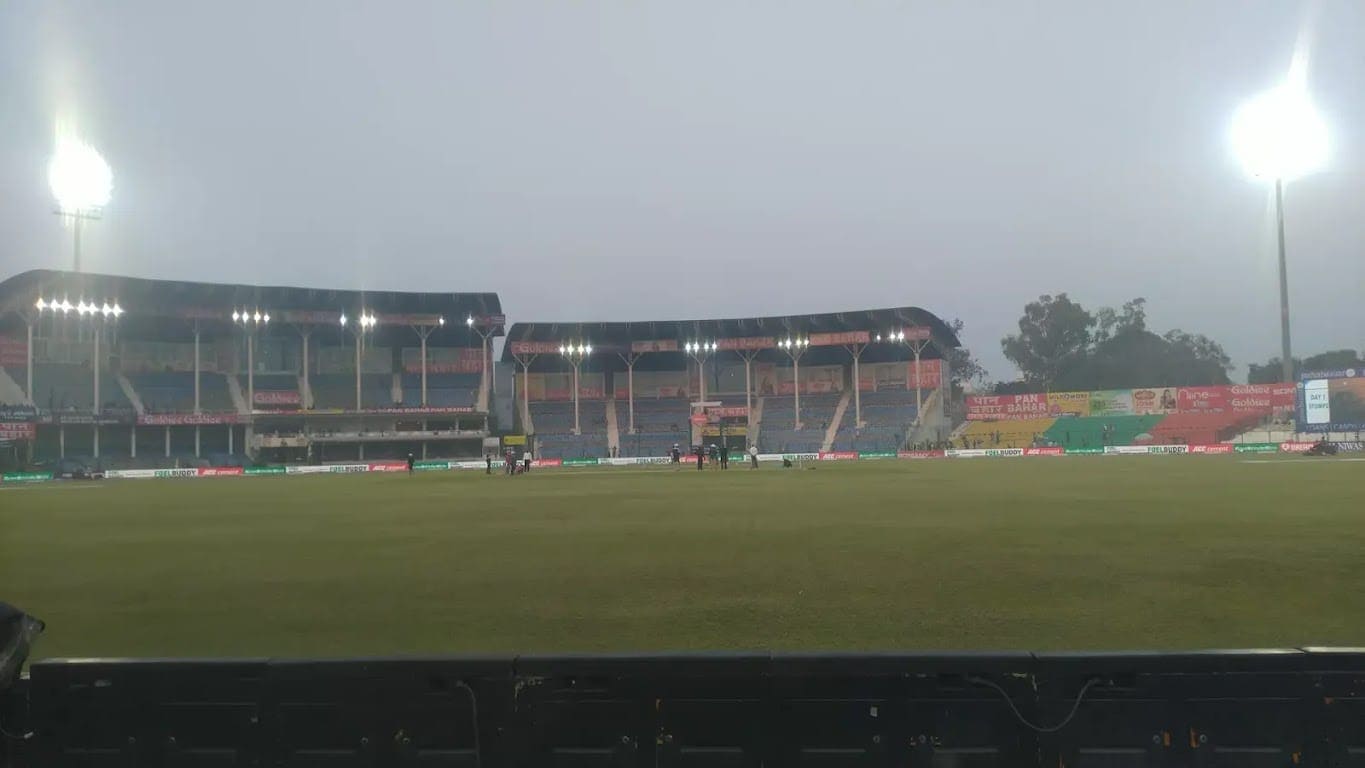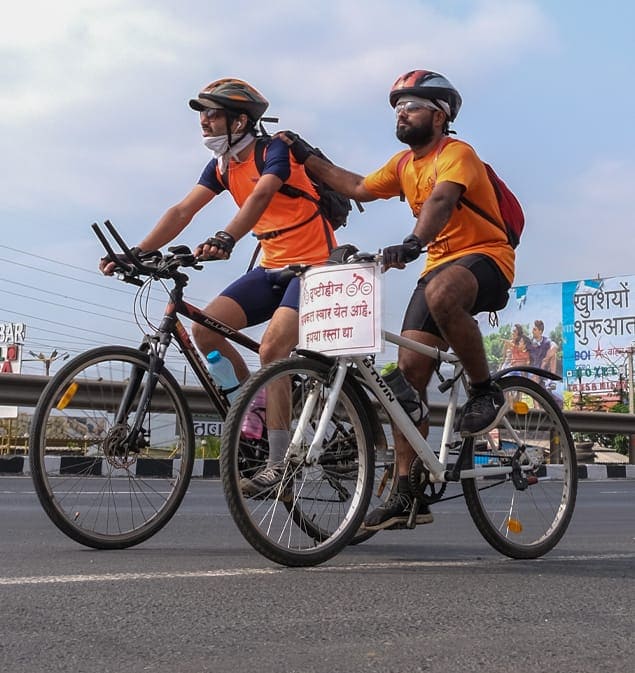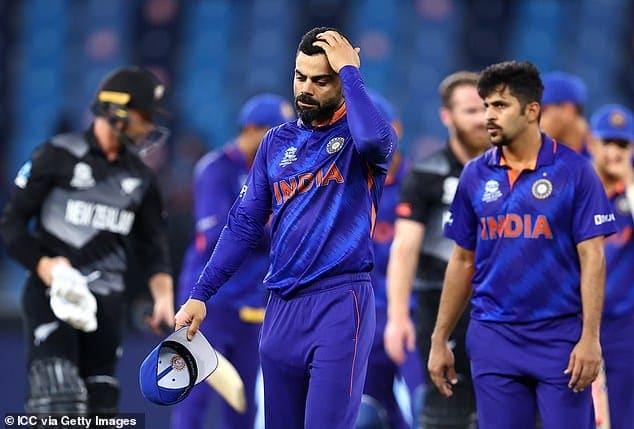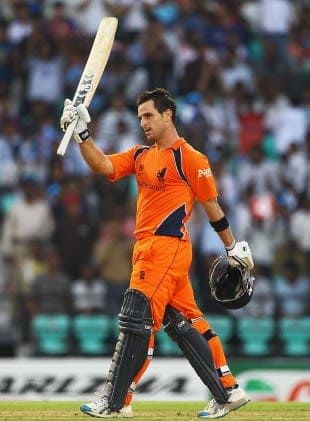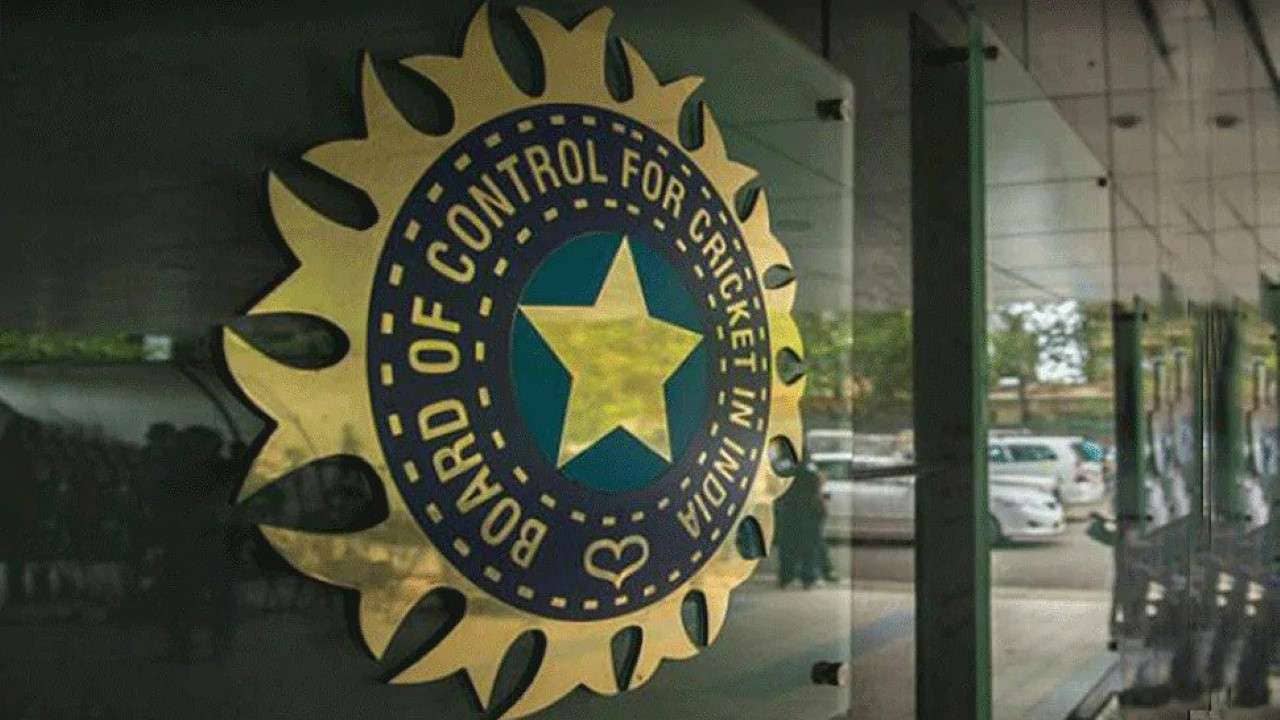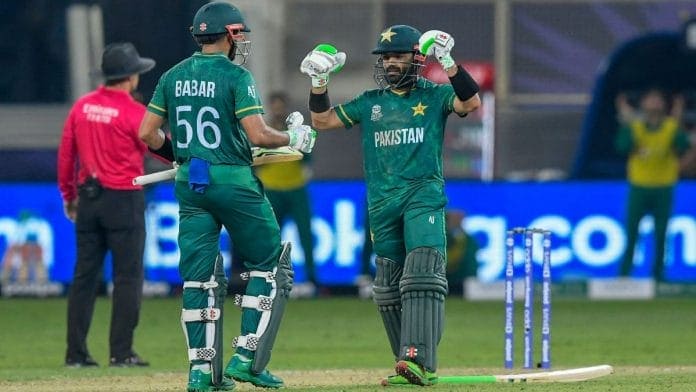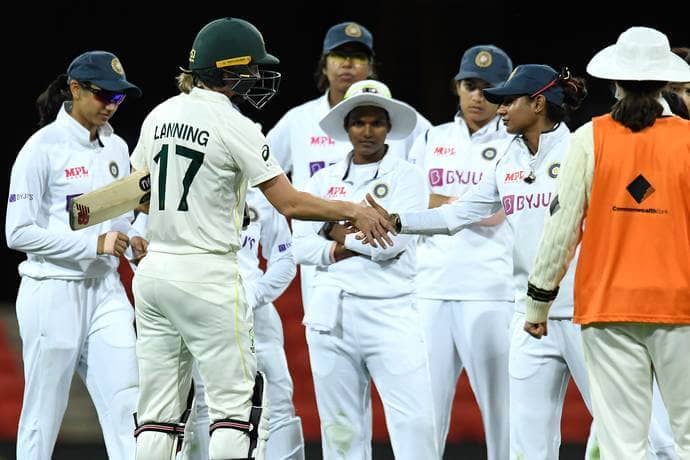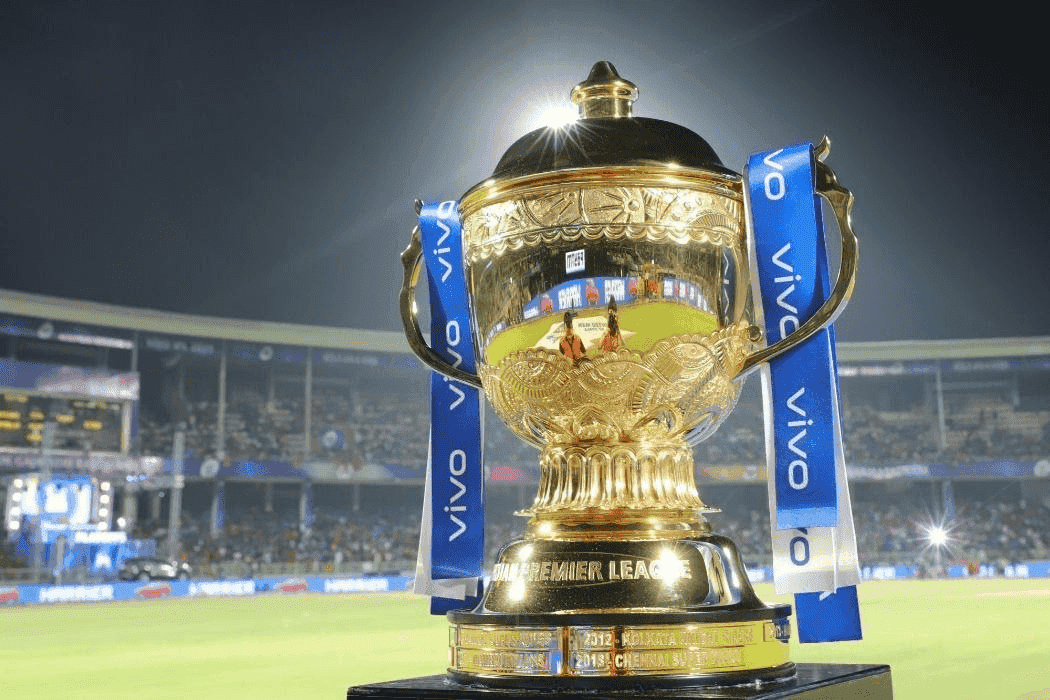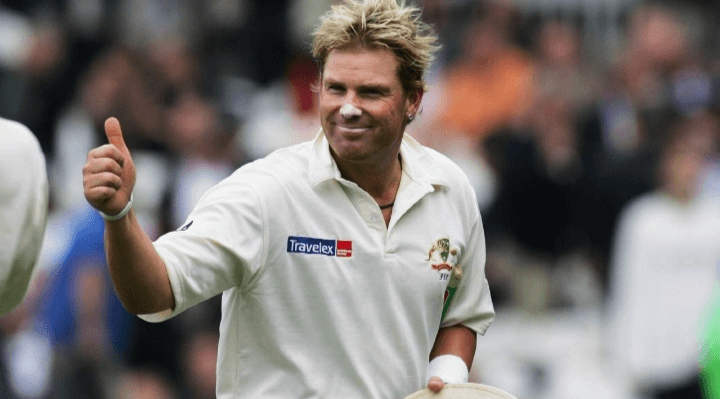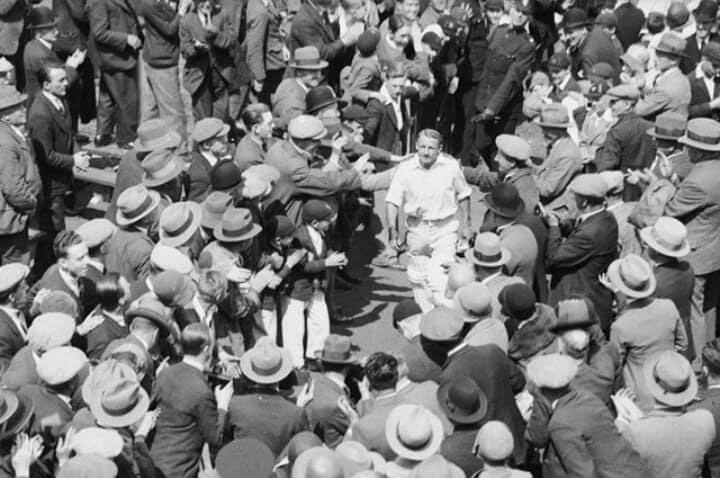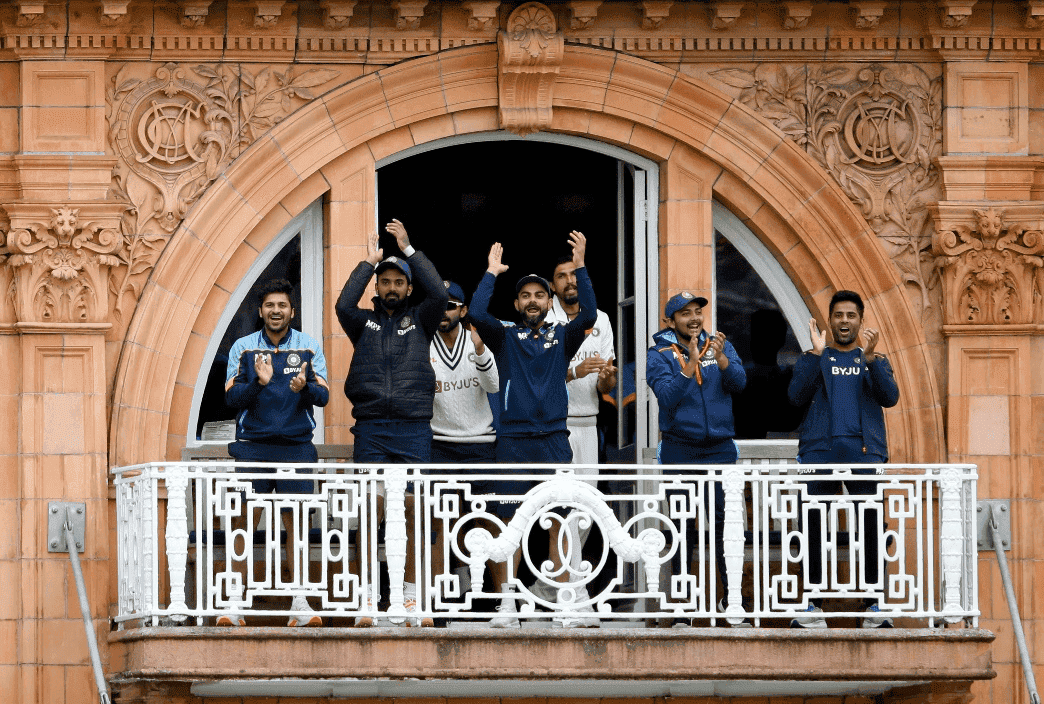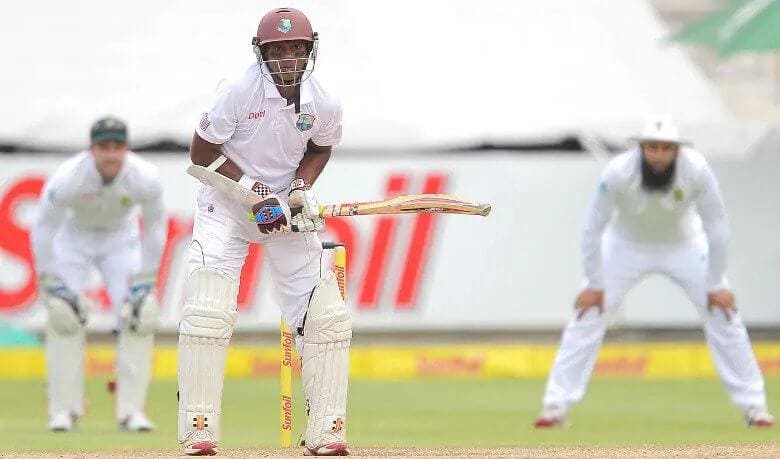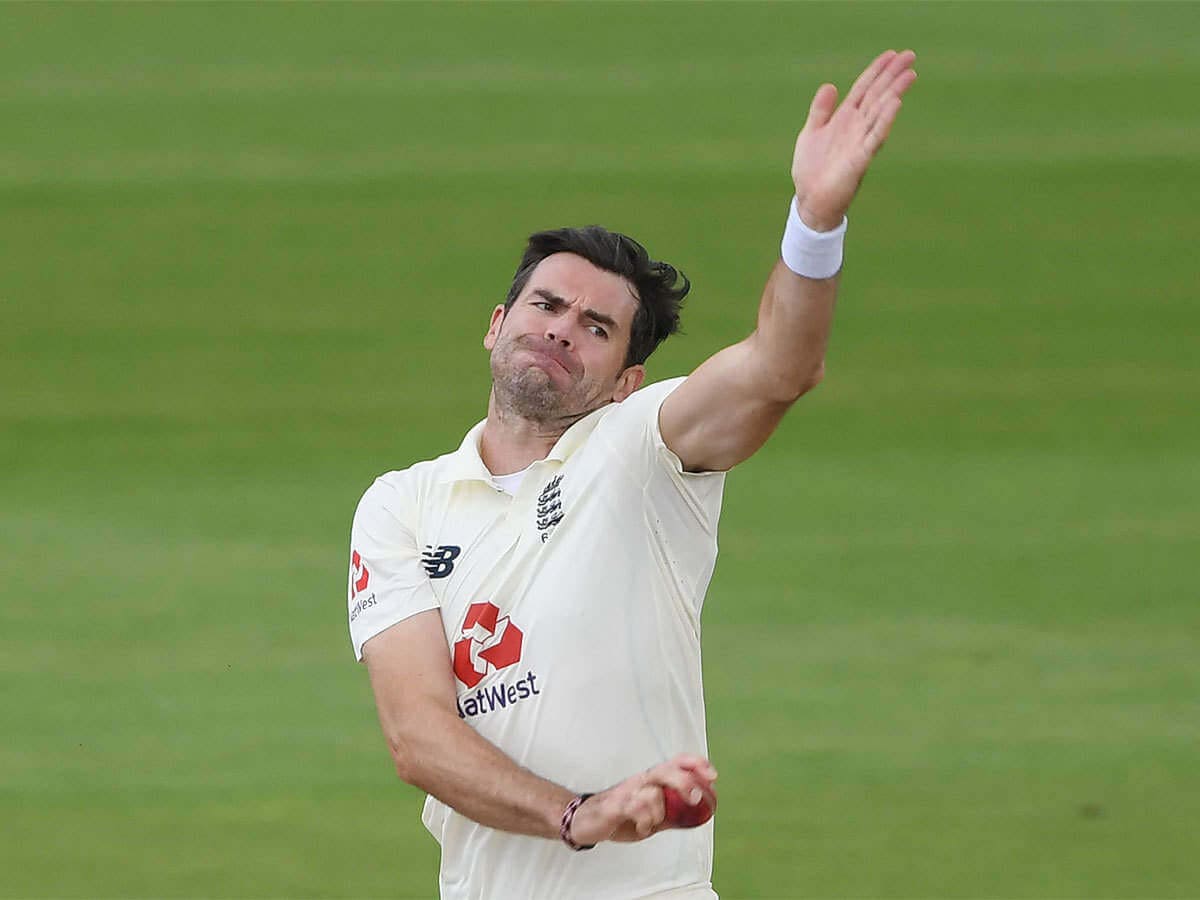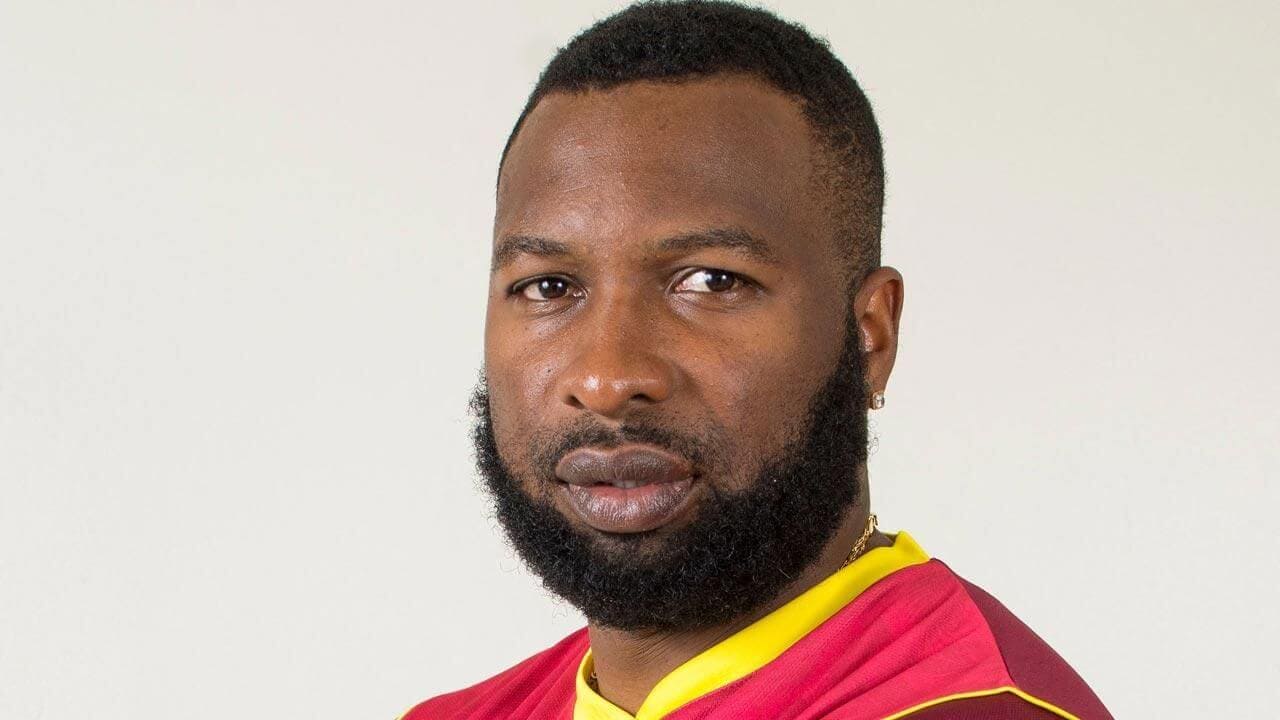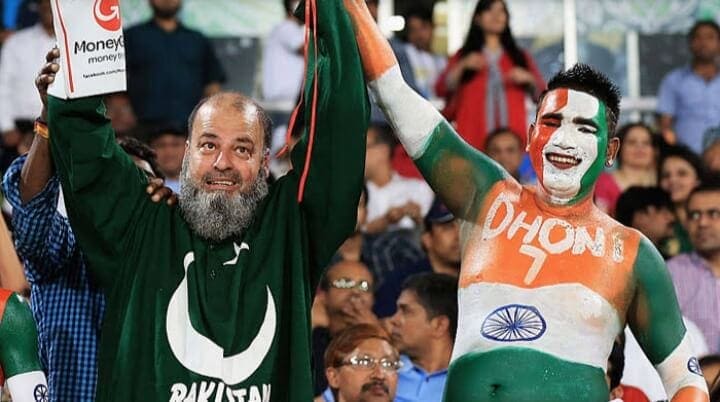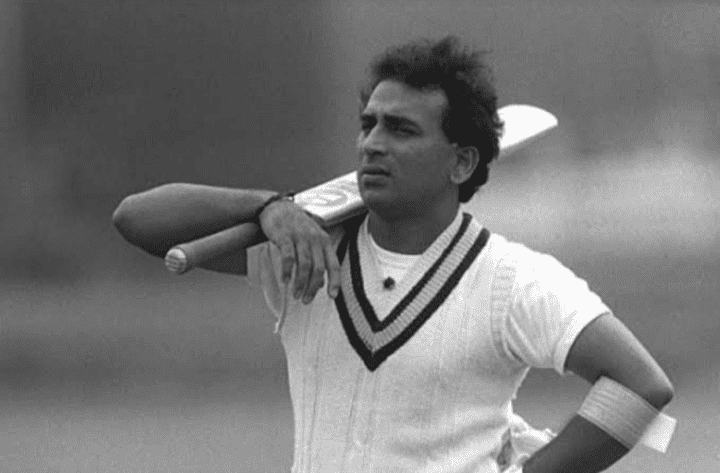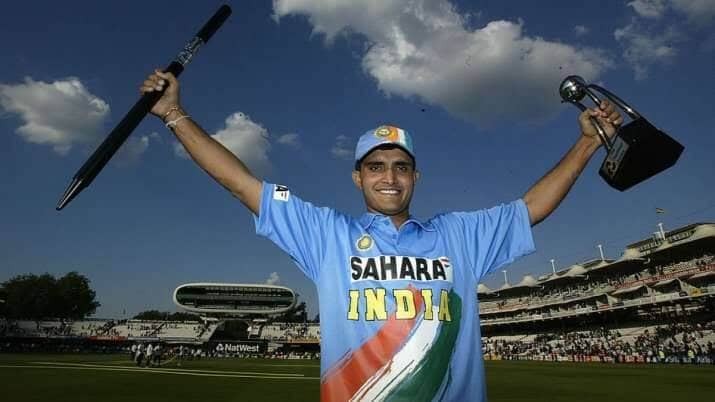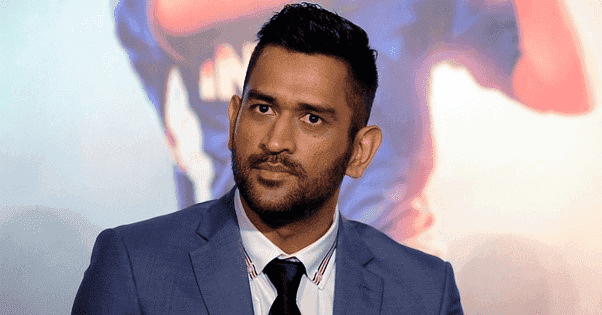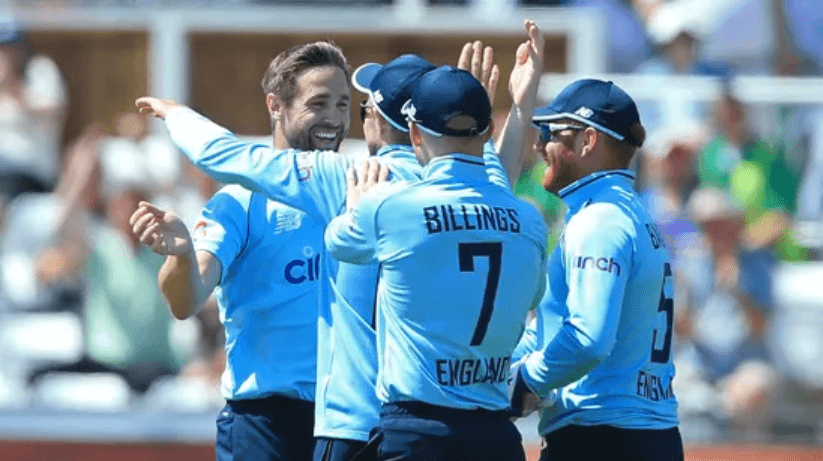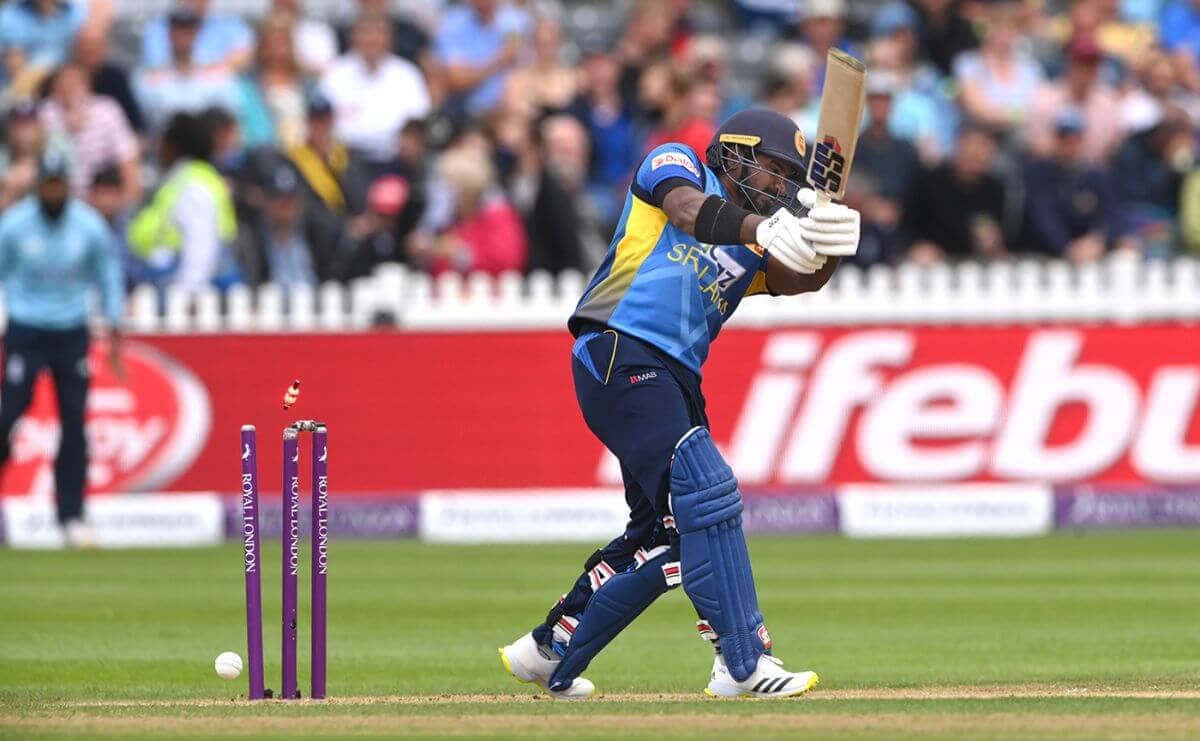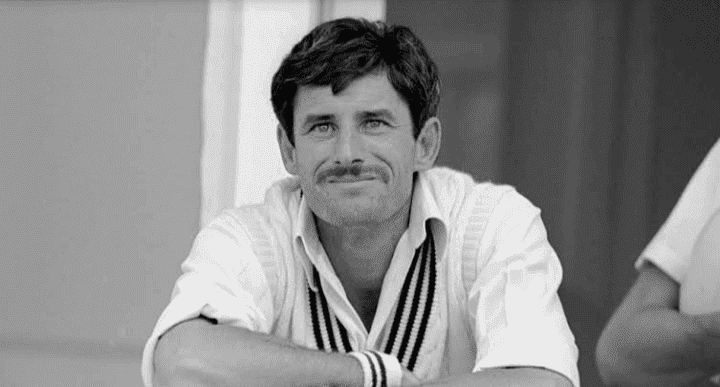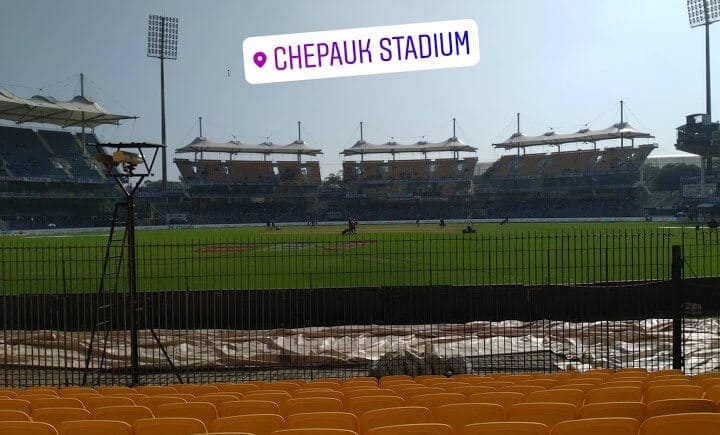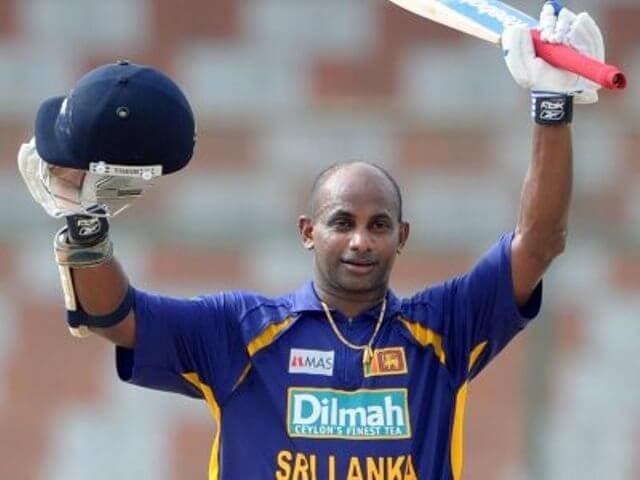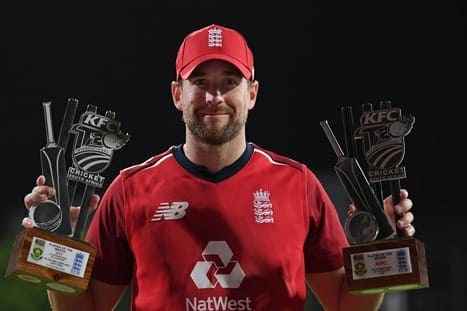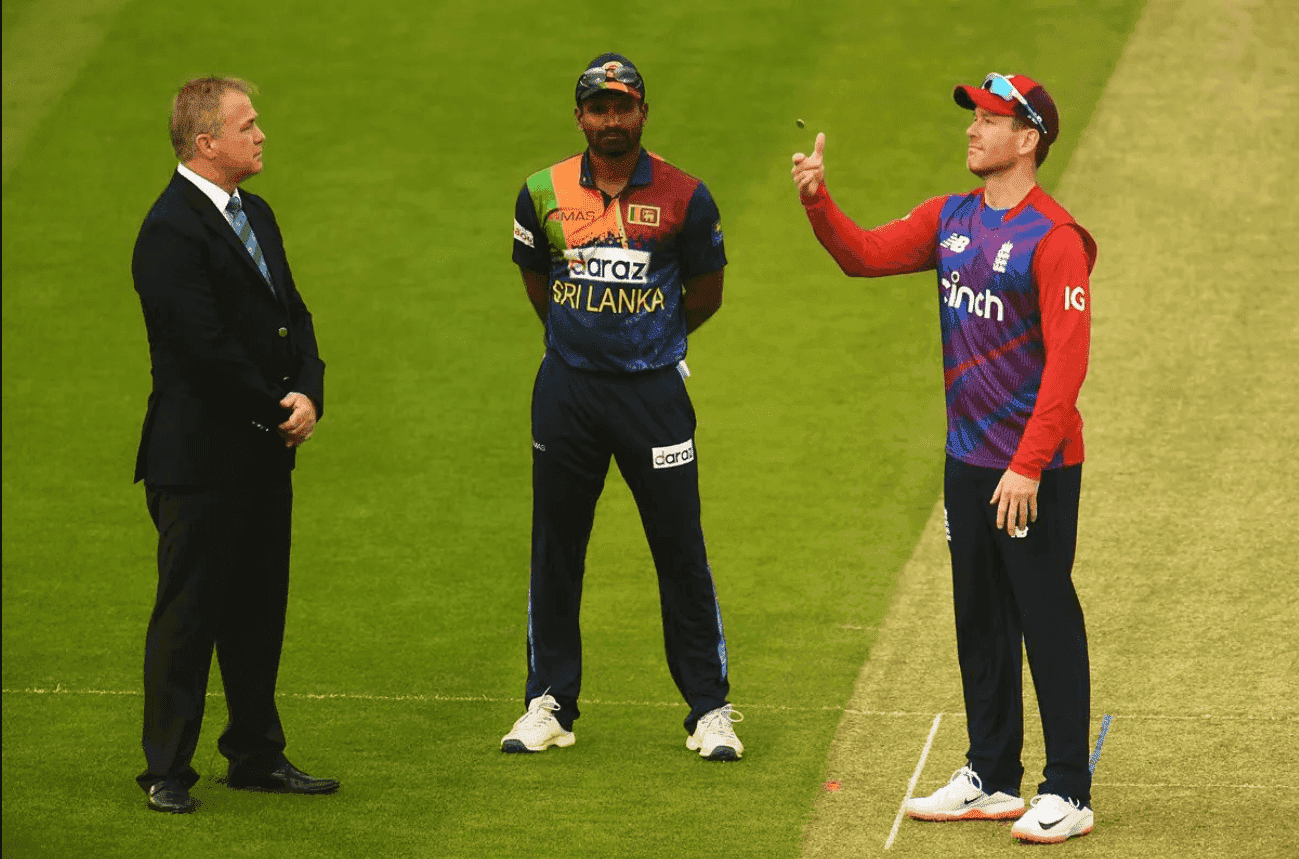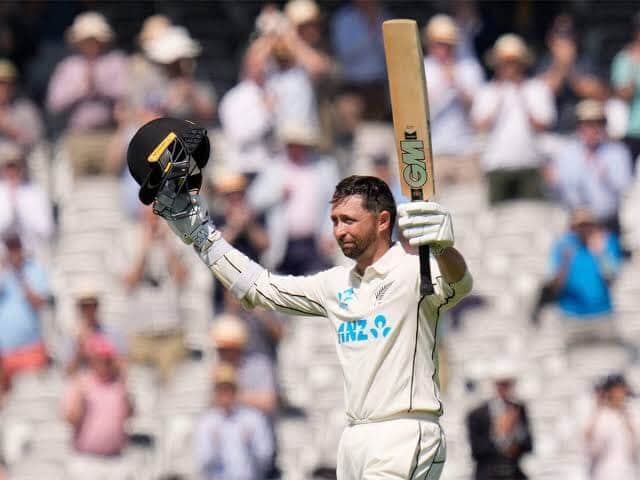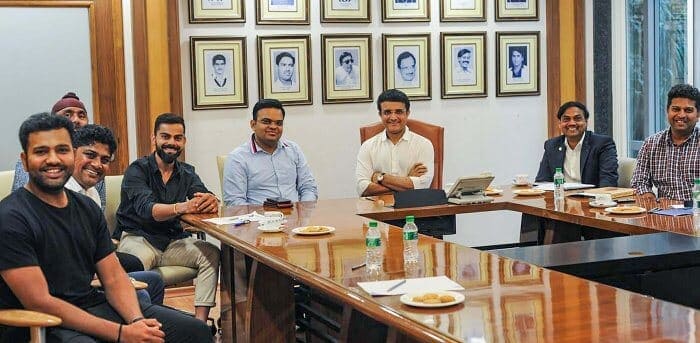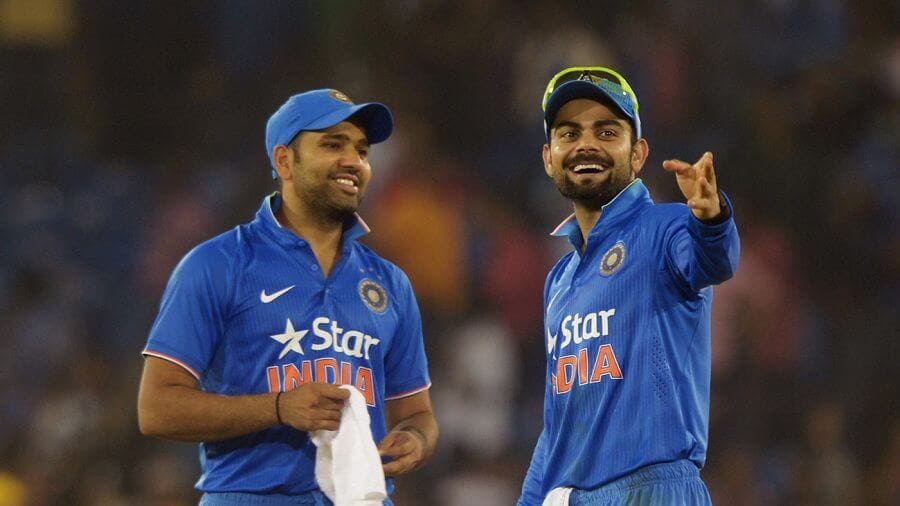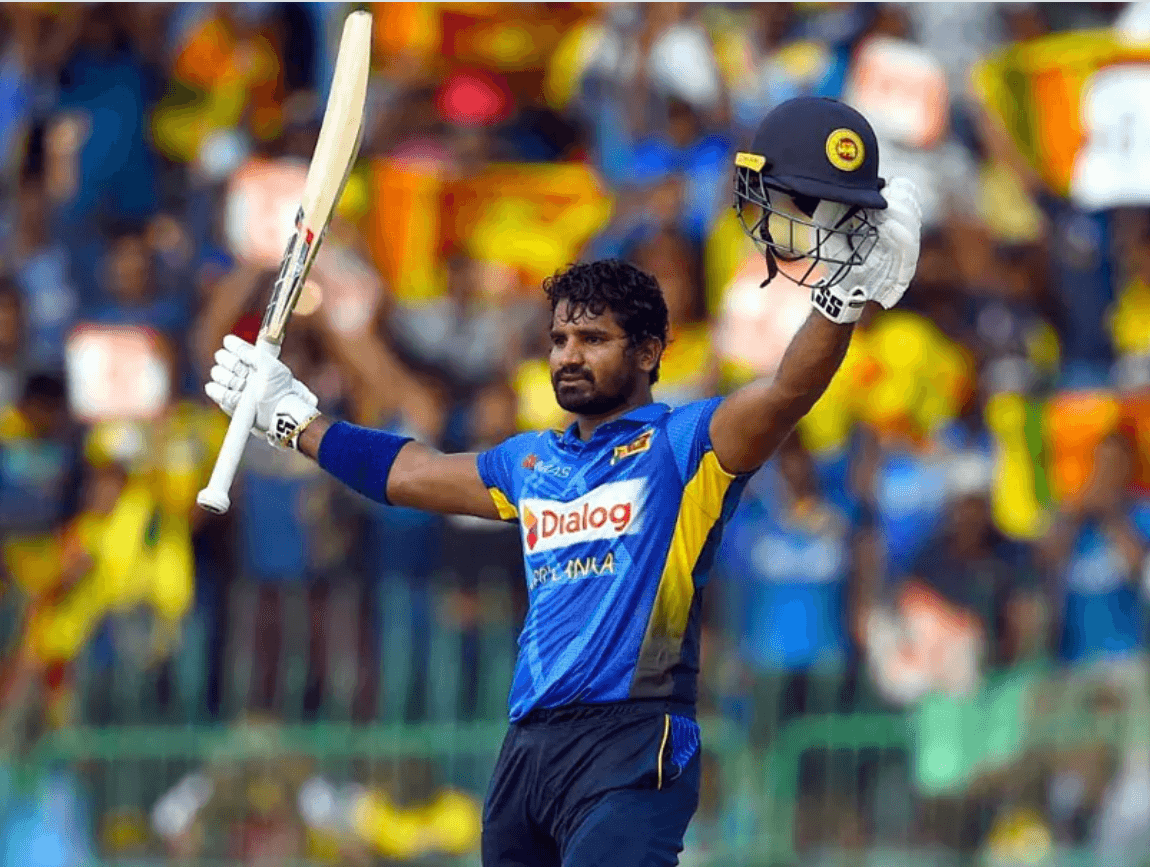
Kusal Perera didn’t ask to be here.
In an ideal world, he isn’t your first choice for being the Sri Lankan skipper. He’s represented the team in 175 international matches since his debut at Adelaide in 2013. At 30 years of age, he’s also in the prime of his career. But he’s never been the one you bring up naturally during a discussion about leadership.
Yet, things are far from ideal in the Sri Lankan camp right now. Their tour of England is being held in the backdrop of a contractual dispute between the players and the board. Three senior cricketers were sent home following the release of a video that showed them breaking bio-bubble protocols. And the country’s domestic structure is perhaps the most inefficient out of all the Test-playing nations.
There were three debutants - Charith Asalanka and Dhananjaya Lakshan, and Praveen Jayawickrama – in their side for the 1st ODI against England. The eleven they fielded had a collective experience of 195 caps. Eoin Morgan, on the other hand, has garnered 244 ODI caps on his own.
This mismatch between the two sides was best personified by Chris Woakes’ spell of 10-5-18-4. His display was one of the best in recent memory, as he ripped out almost anyone who could be a cause of concern for his side. Yet, he failed to extract the most experienced batter in the opposition: Kusal Mendis.
He would only depart after scoring 73 off 81 balls, where his explosive start in the Powerplay was matched by a more stoic middle overs display. He got out at an inopportune moment in the 33rd over. His was the seventh wicket to fall, with no one except Hasaranga’s valiant half-century during their 99-run stand ever stepping up in the first innings. Even after Sri Lanka were eventually bowled out for 185, he kept wickets and captained the side as well as he could.
In the build-up to the match, a lot of the chatter on social media verged on disrespect towards the tourists. You couldn’t really blame the fans for being more interested in the Euro 2020 round-of-16 England v Germany match that would follow. As a matter of fact, a recurring joke came around about whether the England players would intentionally look for a finish before the football began.
Bairstow’s all-out attack at the start of the Powerplay made this a likely possibility, until he got out for 43, which he’d scored in just 21 deliveries. They would end the powerplay with 74 runs already knocked off. The twist in the tale? They had lost 3 wickets in the process.
After that, it became a contest between the spirit of the Sri Lankan bowlers and the depth of the English batters. The latter won, with the presence of Joe Root negating any possibility of a serious collapse. He crossed 6000 career runs in the format, and remained unbeaten on 79* (87) by the time he had secured victory for his side.
Kusal Perera, though, will be taking back a lot of positives from the match – for both himself, as well as his side. The expectations of competitiveness from this series have been lower than any other recent match-up that comes to mind: world champions facing a squad depleted in more ways than the neutral fan cares to count. Yet, these remaining two matches might turn out to be the dark horses of sports during this week set to be dominated by the Euros and Wimbledon.
Chameera continued his good form with three vital wickets. Hasaranga was as economical as he’s ever been, but failed to penetrate through the defences of Joe Root in a fascinating seven-over spell that yielded only 26 runs while conceding no boundaries. In the end, the bowlers never had enough runs to defend on the board.
The lack of almost any senior player in the side has plenty of negatives. But the one added advantage for a youthful side is the injection of exuberance into their game. They certainly seemed to believe they could win for a significant while after taking Bairstow’s wicket. The task going forward will be to sustain their momentum for longer periods, while also asking their batters to step up to the occasion more often.
The newly anointed white-ball skipper for Sri Lanka still hasn’t asked to be here. He must be proud of leading his nation onto the cricketing field – it’s the stuff childhood dreams are made of, after all. But a tall task stands ahead of him. His team will need to go through the qualifying group at the T20 WC, a far cry from the smooth sailing of their champion team from 2014.
He’s the only one left from that side. But if there’s one thing being around the likes of Sangakkara and Jayawardane must have taught him during his formative years, it’s that champions never give up. He’s now got to develop his own game and be more consistent as he needs ti rise to the occasion. If luck favours him, he might have some incredible moments to savour on his journey by the time he’s done leading this side.

